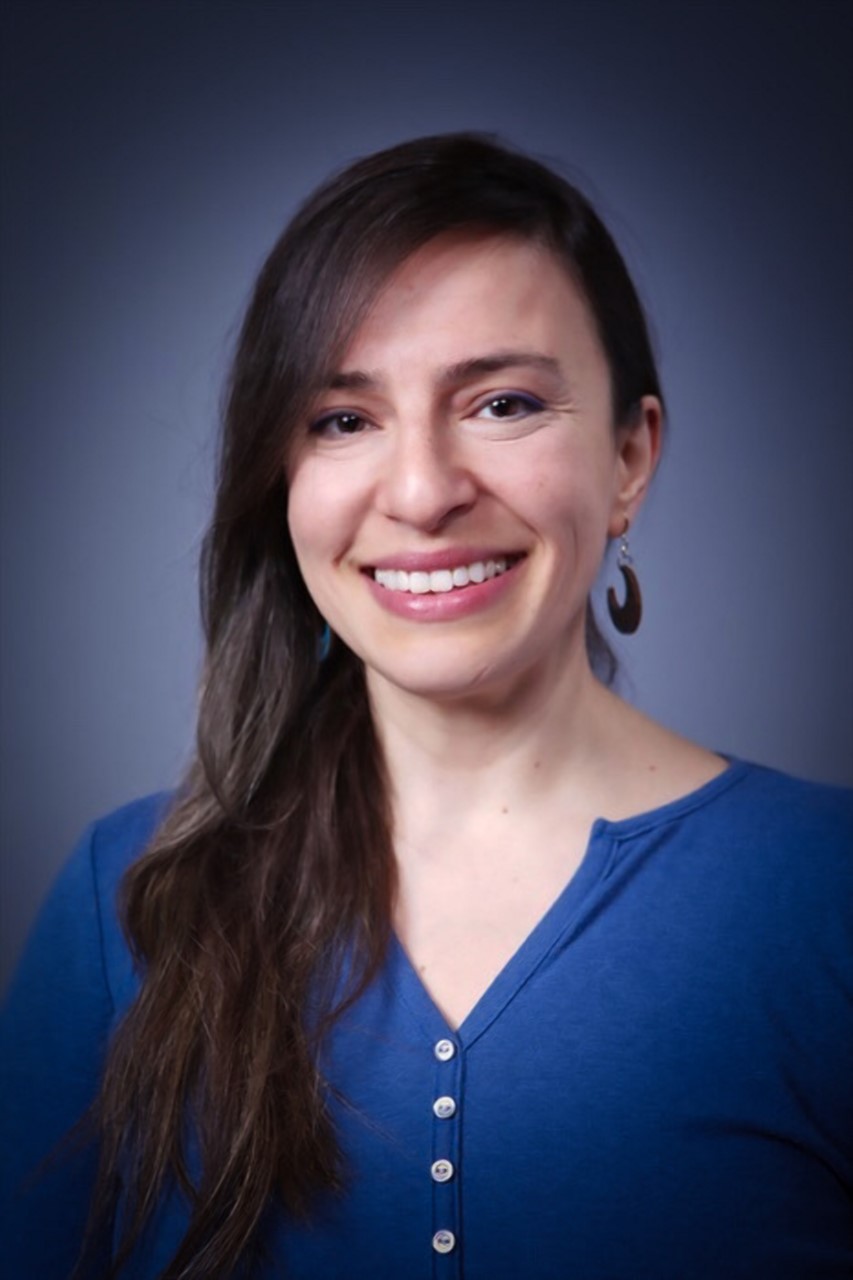2021 Keynote Address
Cultivating Moral Imagination Through Remembrance Pedagogy
Thursday, October 7, 2021, 2:00 - 3:00 pm EST
In this session, we will consider how we can help ourselves and students cultivate a healthy relationship with the past—using a “pedagogy of remembrance”--so we better understand our shared humanity and move forward to forge a path for a better future. I argue that this cultivation of students’ moral imagination involves what the Brazilian educator and philosopher Paulo Freire calls “Conscientization”–the process of becoming conscious of problems and taking action against oppressive elements in our culture. What utility does an education that centers moral consciousness offer us individually and collectively? How can we enact a pedagogy of remembrance, of conscientization within our courses and at our institutions? Together, we will examine the pivotal role educators can play to help their students develop a healthy and guiding relationship with the past in order to forge a pathway for an equitable and just future.
 Mays Imad, Ph.D.
Mays Imad, Ph.D.
Mays Imad received her undergraduate training from the University of Michigan–Dearborn where she studied philosophy. She received her doctoral degree in Cellular & Clinical Neurobiology from Wayne State University School of Medicine in Detroit, Michigan. She then completed a National Institute of Health-Funded postdoctoral fellowship at the University of Arizona in the Department of Neuroscience. She joined the department of life & physical sciences at Pima Community College in Tucson, Arizona as an adjunct faculty member in 2009 and later as a full-time faculty member in 2013. During her tenure at Pima, she taught Physiology, Pathophysiology, Genetics, Biotechnology, and Biomedical ethics. She also founded Pima’s Teaching and Learning Center (TLC).
Mays is a Gardner Institute Fellow and an AAC&U Senior Fellow within the Office of Undergraduate STEM Education. Dr. Imad’s research focuses on stress, self-awareness, advocacy, and classroom community, and how these impact student learning and success. Through her teaching and research she seeks to provide her students with transformative opportunities that are grounded in the aesthetics of learning, truth-seeking, justice, and self-realization.
Outside of the classroom, Dr. Imad works with faculty members across disciplines at her own institution and across the country to promote inclusive, equitable, and contextual education–all rooted in the latest research on the neurobiology of learning. A nationally-recognized expert on trauma-informed teaching and learning, she passionately advocates for institutions to make mental health a top priority and to systematically support the education of the whole student.
View Mays's recent publications
Mays is on Twitter: @lrningsanctuary
Back to 2021 Site











